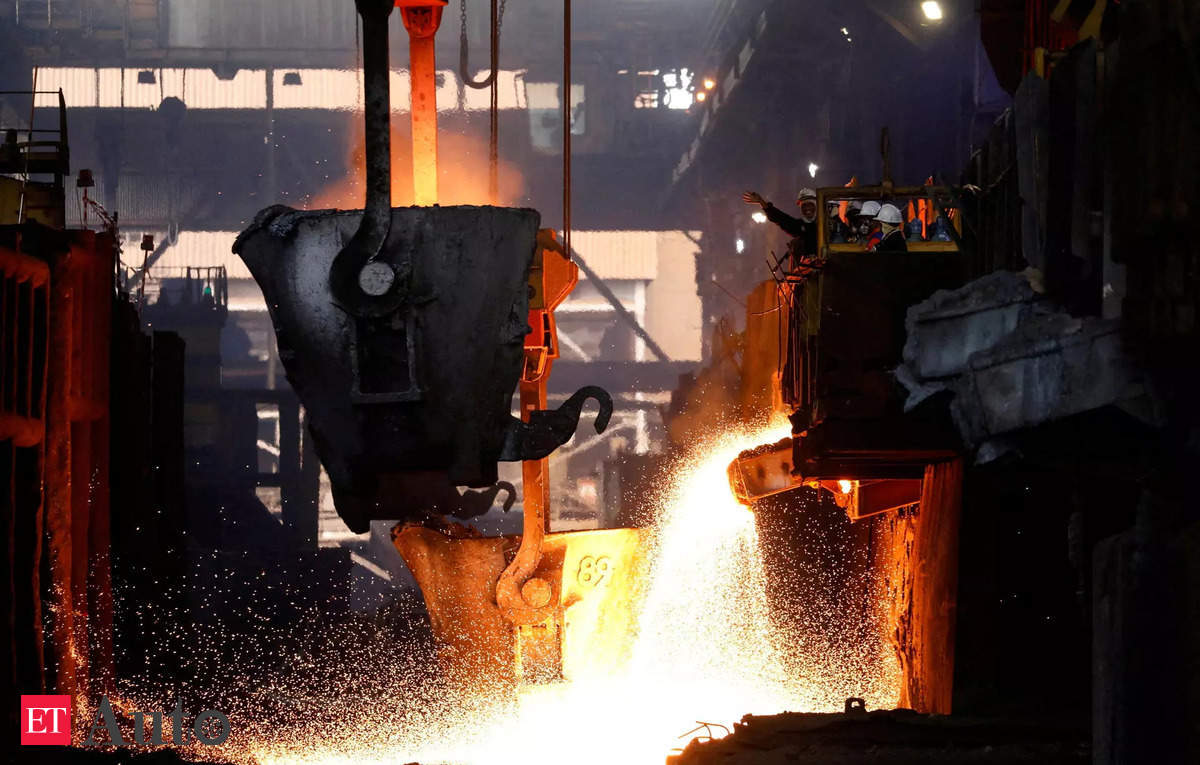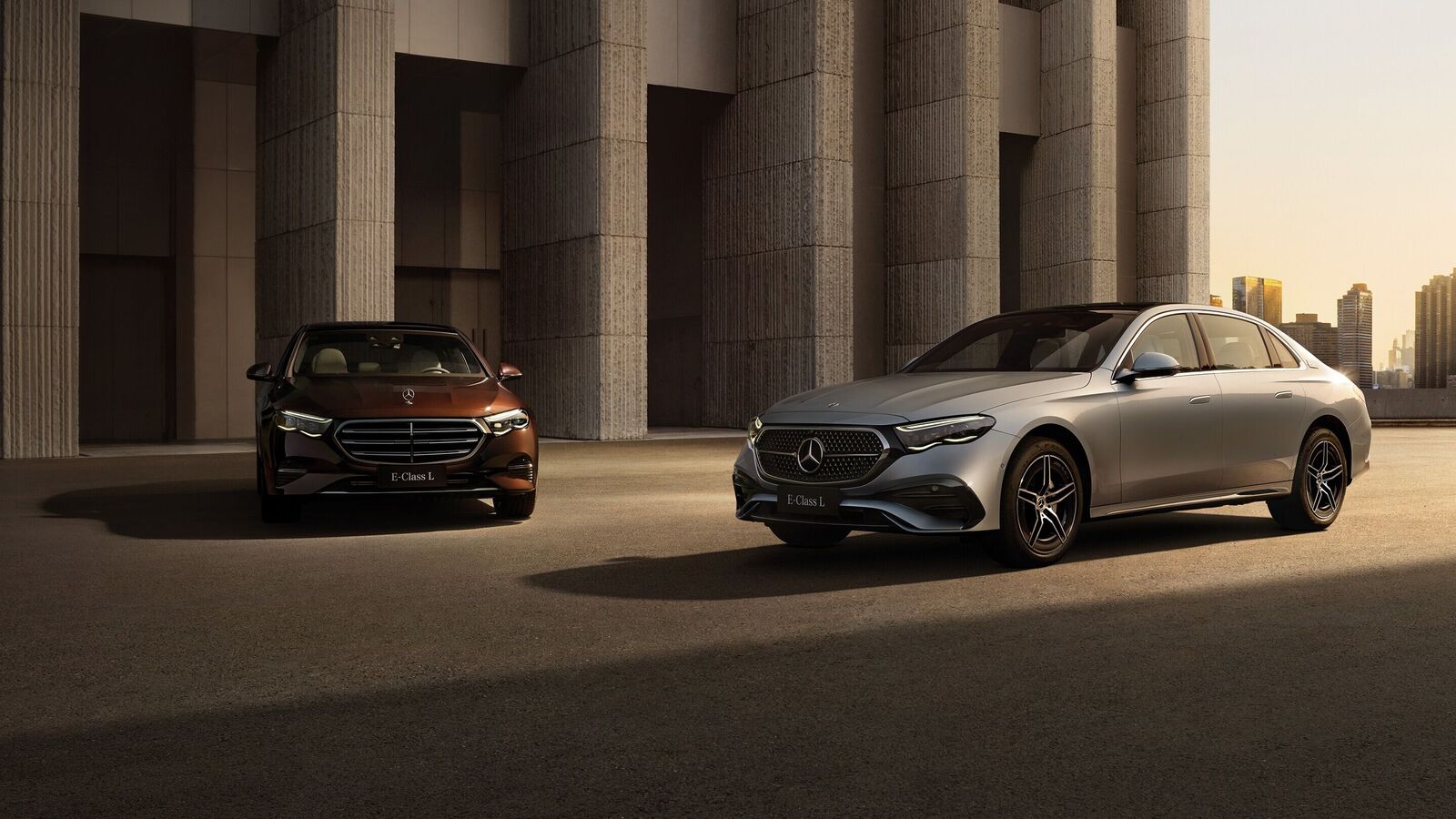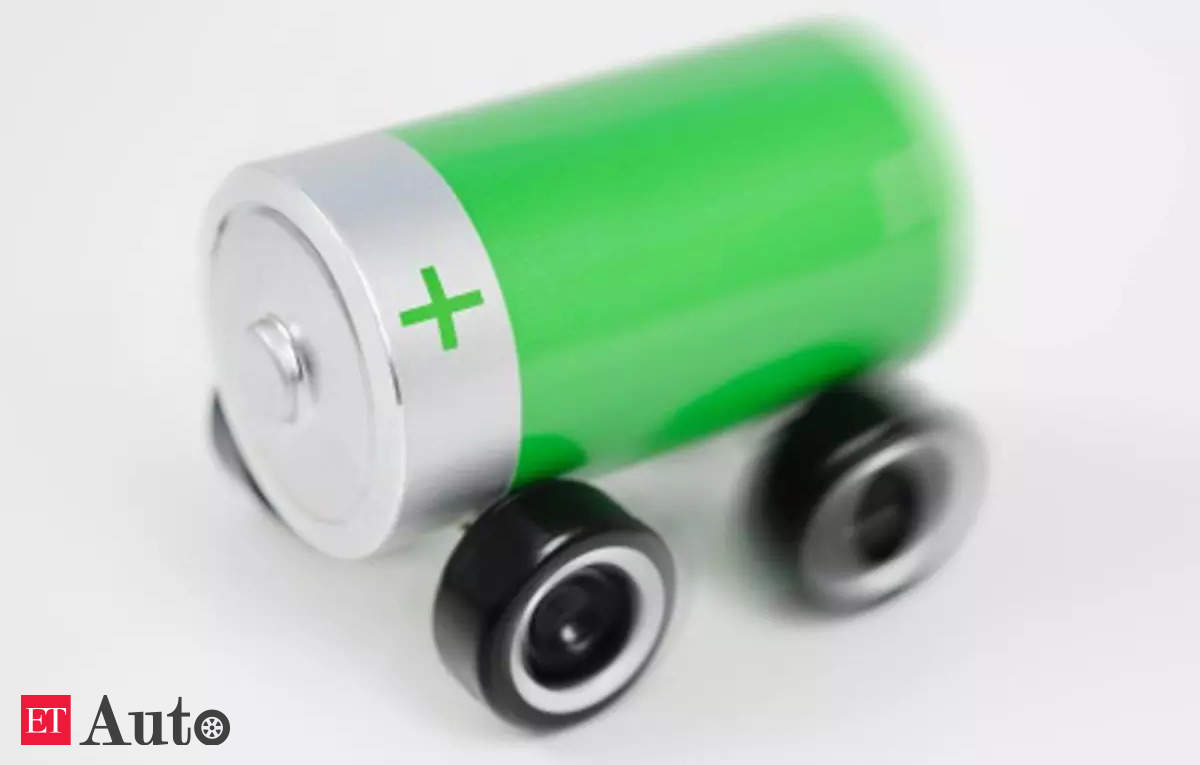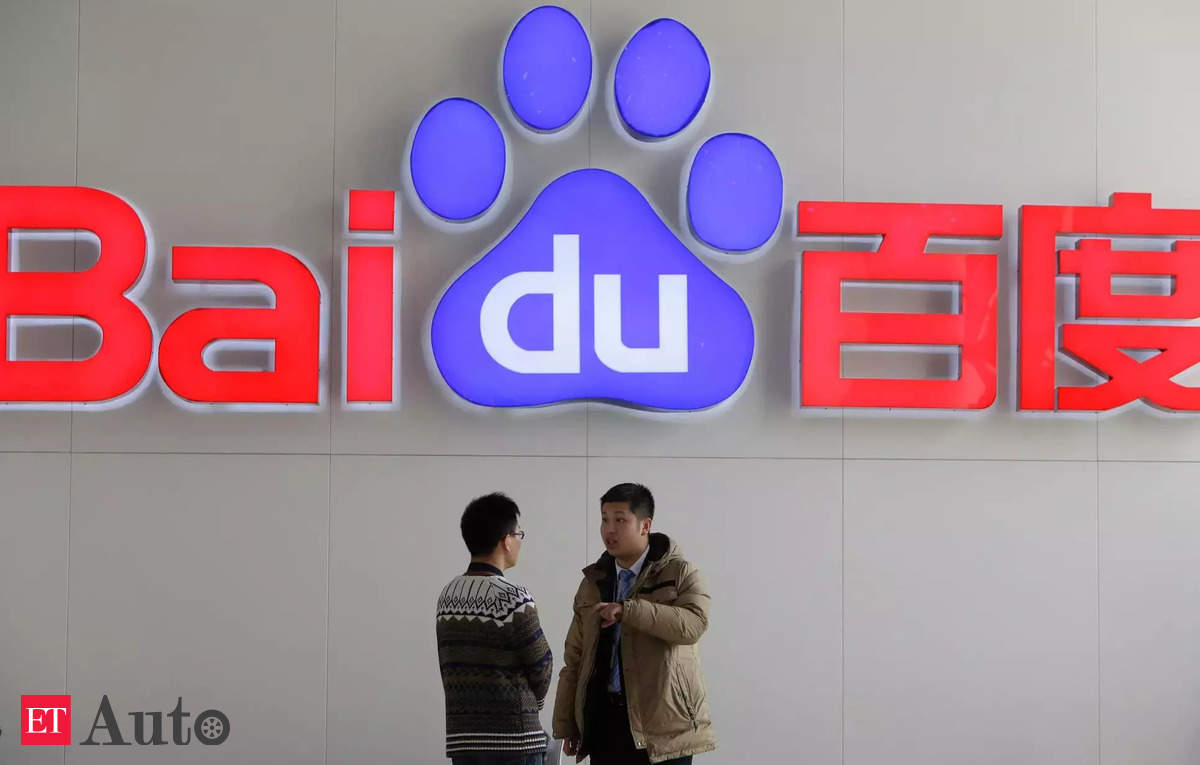Indonesian miners and smelters are still making good margins despite the price drop linked to higher nickel processing, and will benefit further from the shift as lower prices support the country’s battery industry, a senior official said on Thursday.
Indonesia, which has the world’s biggest nickel ore reserves, banned exports of nickel ore from 2020 in an effort to attract investment into its processing industry.
The move resulted in heavy investment by smelting companies, mostly from China, but has also led to global oversupply of processed nickel, which the market blames for a sharp price correction in the past year that has hit Australian producers especially hard.
Three-month nickel on the London Metal Exchange was trading at around USD 17,650 per metric ton on Thursday. The contract had surged in 2022 to a record high above USD 100,000 after expectations of reduced supplies from major producer Russia.
The official however said smelters are still making good margins in Indonesia, and that current prices are above the historical average.
“We are aiming to build the downstream industry,” Septian Hario Seto, a deputy coordinating minister overseeing mining, told a business forum, referring to the sector that refines nickel ore into higher-valued products.
“If the nickel price is too high, the price of the batteries would be expensive, leading to more expensive EVs,” he said.
A price around USD 18,000 per metric ton in the long term works for Indonesia, he said.
“Profitability for miners, smelters, is still okay,” he said. “Not as ‘wow’ as two years ago, but still pretty good.”
Most investment in nickel processing in Indonesia is for nickel pig iron (NPI), the main feedstock for stainless steel, but the government wants to develop local production of batteries and EVs.
High prices of nickel could curtail adoption of EVs or push carmakers to find alternative battery materials, he said.
“This is how we differ compared to Australia. Our intention is to build the industry from upstream to downstream,” he said.
The price drop has led to mine closures, production cuts and writedowns in Australia in recent months.
Seto reiterated that the government has stopped offering tax breaks for investment to produce NPI, and is steering new investment into production of battery materials.





